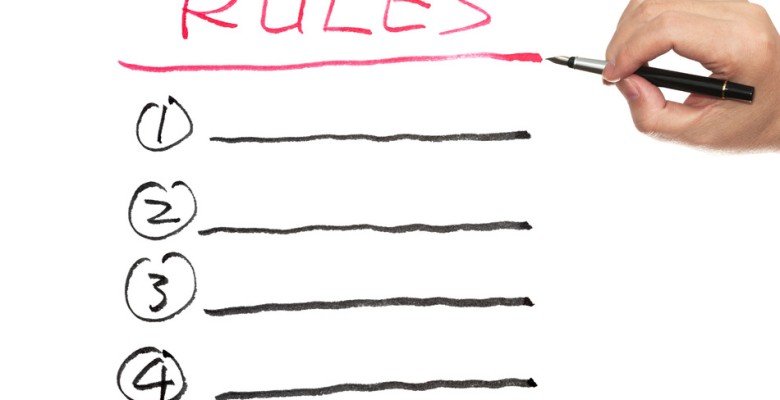The Proper Use of Time-Out
Time-out is probably one of the most well known and widely used disciplinary techniques to emerge since the baby boom of the 50's. It was originally used as an alternative to spanking and other forms of corporal punishment, and became very popular with the advent of behaviorally oriented parenting programs. Today it is still considered a useful tool in the parents' bag of tricks, and it can be very effective if employed properly. We offer the following guidelines.
Giving Recognition
A powerful tool for enhancing the parent-child relationship and building self-esteem is to provide children with "recognition" on a regular basis. Recognition can be offered in a variety of ways, however, is particularly effective when given verbally. Howard Glasser has developed four types of verbal recognition that are easy to use and take a minimum of time to employ.
Repairing the Parent-Child Relationship
The parent-child relationship is being assaulted from many directions these days. Parents are under the gun of mounting economic pressures resulting in long work hours, and often more than one job. Our 24-hour a day culture has created a job market that never goes to sleep, and many parents find themselves working hours outside of the usual nine to five workday. This leaves big gaps in childcare arrangements, especially since the school day has continued to remain somewhere between the hours of 7AM and 4PM.
How to Make Rules and Gain Cooperation
Making and reinforcing rules is a primary parenting task that all of us must attend to throughout our children's growing years. This is because rules play such an integral role in helping our children learn how to conduct themselves in various situations and participate as a social being in one's community or culture. Equally important, rules help us govern our behavior toward each other to promote mutual growth and wellbeing. Ultimately, rules are the tools we use as parents to teach our children values as well as develop self-discipline.
Managing Your ADHD Child
To successfully manage ADHD children, it is important to keep in mind what you have learned about their overall strengths and weaknesses. Specifically, we know that they have difficulties in inhibiting their responses to events and experiences, and that their responses are often emotionally based and without the benefit of analysis. Secondly, they have a lot of difficulty in placing themselves and their behavioral choices in the future, or conversely in comparing a current situation to a past situation that is similar.













